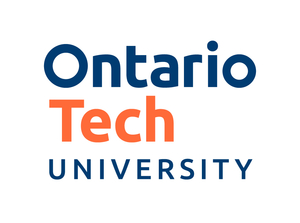Development and analysis of new integrated energy systems for sustainable buildings.
Abstract
Excessive consumption of fossil fuels in the residential sector and their associated
negative environmental impacts bring a significant challenge to engineers within research
and industrial communities throughout the world to develop more environmentally
benign methods of meeting energy needs of residential sector in particular. This thesis
addresses potential solutions for the issue of fossils fuel consumption in residential
buildings. Three novel renewable energy based multigeneration systems are proposed for
different types of residential buildings, and a comprehensive assessment of energetic and
exergetic performances is given on the basis of total occupancy, energy load, and climate
conditions.
System 1 is a multigeneration system based on two renewable energy sources. It uses
biomass and solar resources. The outputs of System 1 are electricity, space heating,
cooling, and hot water. The energy and exergy efficiencies of System 1 are 91.0% and
34.9%, respectively. The results of the optimisation analysis show that the net present
cost of System 1 is $ 2,700,496 and that the levelised cost of electricity is $ 0.117/kWh.
System 2 is a multigeneration system, integrating three renewable energy based
subsystems; wind turbine, concentrated solar collector, and Organic Rankine Cycle
supplied by a ground source heat exchanger. The outputs of the System 2 are electricity,
hot water, heating and cooling. The optimisation analysis shows that net present cost is $
35,502 and levelised cost of electricity is $ 0.186/kWh. The energy and exergy
efficiencies of System 2 are found to be 34.6% and 16.2%, respectively.
System 3 is a multigeneration system, comprising two renewable energy subsystems—
geothermal and solar to supply power, cooling, heating, and hot water. The optimisation
analysis shows that the net present cost of System 3 is $ 598,474, and levelised cost of
electricity of $ 0.111/kWh. The energy and exergy efficiencies of System 3 are 20.2%
and 19.2%, respectively, with outputs of electricity, hot water, cooling and space heating.
A performance assessment for identical conditions indicates that System 3 offers the best
performance, with the minimum net present cost of $ 26,001 and levelised cost of
electricity of $ 0.136/kWh.

